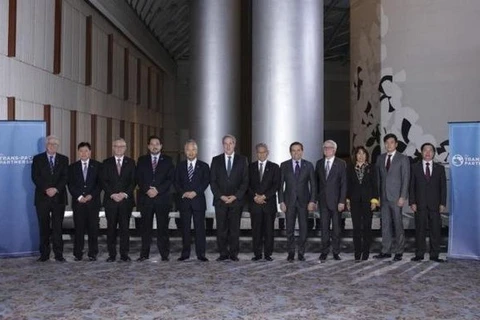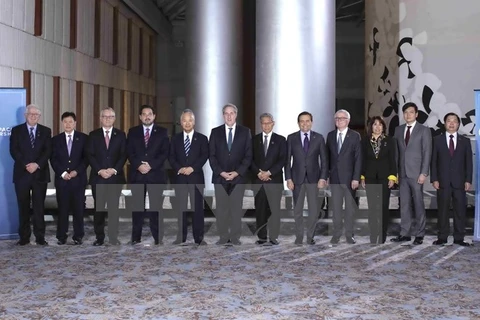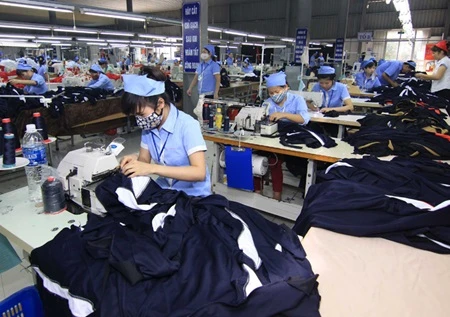Australian Prime Minister Malcolm Turnbull has hailed the recent completion of the Trans-Pacific Partnership (TPP) agreement by 12 member states as a "very big win” for Australia after more than five years of negotiations.
“Any deal like this is of enormous benefit to us,” said Malcolm Turnbull in welcoming the agreement reached in Atlanta on October 5, adding that “it is a gigantic foundation stone for our future prosperity.”
He described the deal, which creates the world’s largest free trade area, as a huge opportunity for businesses, farmers and manufacturers to cash in on the burgeoning Asia-Pacific region.
Meanwhile, Trade Minister Andrew Robb said the historic TPP will deliver enormous benefits to Australia, including unprecedented new opportunities in the rapidly growing-Asia Pacific region. Under the deal, 98 percent of tariffs will be eliminated and more markets will be opened.
According to Minister Robb, the TPP will significantly contribute to commercial stability as well as overall peace and stability in the region.
On October 6, Japanese Prime Minister Shinzo Abe lauded the TPP consensus as a great achievement, adding that the Japanese government will create a task force to counteract the negative impacts of the deal on the local economy. The envisaged body will involve all Cabinet members.
The deal stipulates that Japan must cut agricultural tariffs in exchange for other economic benefits, which will substantially impact its farming sector.
The Japanese media, however, speculated that the deal is unlikely to be approved by the parliament this year due to prolonged talks and uncertainties in the Japanese political arena.
For his part, Malaysian Minister of International Trade and Industry Mustapa Mohamed said in a statement that the 12-nation TPP would promote trade and investment and help Malaysia mitigate the challenges of the global economic environment, adding that it would provide Malaysian companies with greater market access opportunities as well as promote major exports of palm oil, rubber and electronics.
The Chinese Ministry of Commerce hoped the pact and other free trade agreements would contribute to regional trade and investment.
The same day, the RoK government declared that the country will consider participating in the TPP in a possible time.
In late 2013, the RoK expressed interest in the agreement but failed to join the first round of talks.
The world’s largest free trade deal represents 40 percent of the global trade, grouping the US, Australia, Brunei, Canada, Chile, Japan, Malaysia, Mexico, New Zealand, Peru, Singapore and Vietnam.
It needs to be approved by each government and legislature before taking effect.-VNA

























